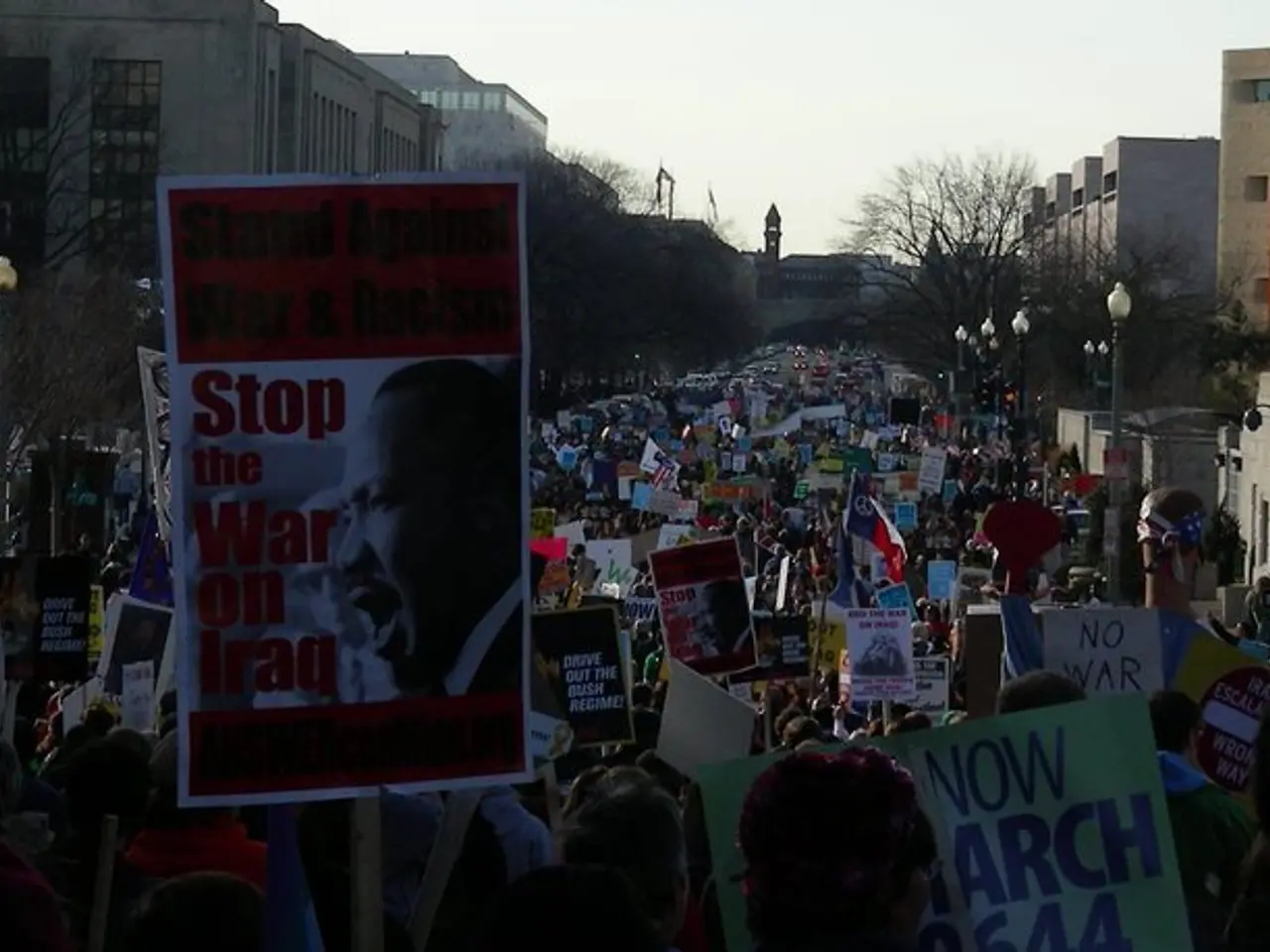Youth-led demonstrations ignite upheaval, propelling change throughout Asia
In recent weeks, South Asia has been gripped by a wave of protests, with angry mobs taking to the streets in Indonesia, Nepal, and Bangladesh.
In Indonesia, the unrest began after a 21-year-old motorcycle ride-hailing driver was run over by a police vehicle, leading to widespread protests and the looting of homes belonging to the then finance minister, Sri Mulyani Indrawati, and several MPs. According to Achmad Sukarsono, an associate director at consultancy Control Risks, the public anger was fuelled by lawmakers' out-of-touch behaviour, corruption scandals involving government officials, and the social media-driven culture that "glorifies showboating of elite status."
Meanwhile, in Nepal, the protests, referred to as the "protest of 'Gen Z'", are led by young people born between 1997 and 2012. The unrest was initially sparked by a government ban on leading social media platforms but became a tipping point of long-standing sentiment against politicians and their families seen as corrupt. Videos showing the extravagant lifestyles of politicians' offspring were circulating on social media platforms like Instagram and TikTok, which proved incendiary in Nepal.
The death toll from the protests in Nepal has reached 51 nationwide, with almost 1,400 injured. Remittances sent back by migrants working abroad have been "central" to Nepal's economic growth, but have "not translated into quality jobs at home."
Nepal's median age is 25, below the Asian average of 32, and in 2023, people aged 15 to 24 made up one-fifth of Nepal's population, above the global average of 15.6 per cent. The current leader of the transitional government in Nepal is Sushila Karki, who took office in September 2025 following mass protests and the resignation of the previous Prime Minister Khadga Prasad Oli.
In Bangladesh, the upheaval began with a protest against a job quota system in public service seen to favour the then-ruling Awami League party. However, the protests were violently suppressed by police and security forces, resulting in the death of 1,400 people.
Nahid Islam, leader of Bangladesh's National Citizen Party, states that the protests were about a rejection of a fascist political settlement, entrenched corruption, and an old style of politics that no longer served the people.
The unrest in South Asia is a reflection of the growing discontent among the youth and the general population against corruption, political favouritism, and the lack of opportunities for a better future. The region's governments must address these issues to prevent further unrest and to ensure stability and prosperity for their citizens.
Read also:
- United States tariffs pose a threat to India, necessitating the recruitment of adept negotiators or strategists, similar to those who had influenced Trump's decisions.
- Weekly happenings in the German Federal Parliament (Bundestag)
- Southwest region's most popular posts, accompanied by an inquiry:
- Discussion between Putin and Trump in Alaska could potentially overshadow Ukraine's concerns








